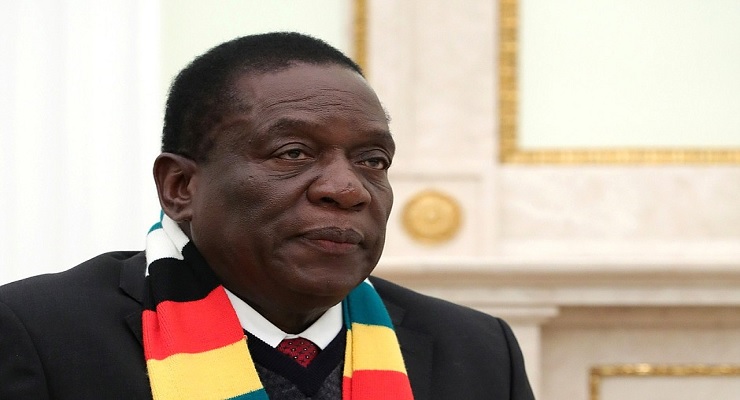
For several months now Zimbabwe has witnessed an important power crisis. Most people were surprised to learn that the once Southern Africa breadbasket has been importing practically all of its electricity from neighboring countries like South Africa and Mozambique. Hard hit by a persistent economic crisis that gained momentum with the land expropriation drive, Zimbabwe has clearly been unable to buy electricity, owing millions to South Africa’s ESKOM, leading to power outages in nearly all Zimbabwe.
Zimbabwe is now set to import 300 MW From “Regional Power Pool” in the perspective of responding to the crisis. However, Zimbabwe’s approach to solving the electricity crisis seems to be translating instead to a price hike for consumers, meaning the country’s Gross Domestic Product is set to shrink. Entrepreneurs in Zimbabwe have said that the power crisis is affecting their businesses, raising costs, which they often have to logically tackle through cutting production. But it is not only businesses that have to grapple with the devastating effects of the power crisis.
Zimbabweans are paying a heavy price for what is nothing short of the gross incompetence of the ruling Zimbabwe African National Union – Patriotic Front (ZANU-PF) spanning decades. As the country marks the anniversary of the 2018 post-election shootings, Zimbabweans have to face power cuts and fuel hikes that have made life a living hell for them. “The chairperson of the United States Senate Foreign Relations Committee says Zimbabwe is facing a worse political and economic crisis today than in 2017 when long-time ruler Robert Mugabe was forced from power by the country’s military.”
Despite President Emmerson Dambudzo Mnangagwa’s declared willingness to reset the economic trajectory of the country, Zimbabwe appears to be sinking into more problems. Government efforts, such as the recent repeal of the indigenisation laws in the business sector appear to be bearing little fruit. Investors are still to start bringing in the cash Mnangagwa has been searching for, apparently repelled by the country’s dire socio-economic and socio-political conditions. Zimbabweans in rural areas are currently in need of food aid, so much for a country that was once the breadbasket of the Southern African Region.
While all this is going on, however, the country’s political classes are largely unaffected. The former Head of State, Mugabe, 95 years old, who only left power by force after 37 years in power is reportedly receiving treatment in Singapore. He spent 37 years crashing the country’s health system but is now receiving treatment in Singapore at the expense of the Zimbabwean taxpayer. The 2017 coup leader Constantino Chiwenga is also said to be receiving treatment in China and is apparently attended by a host of doctors, notably from South Africa and China.
Mnangagwa benefited from the 2017 coup d’état to come to power, promising to set the country on the path of growth and democracy. However, his balance sheet is clearly instead worrying. An economy that has grown worse, freedoms that are instead further declining as seen in the 2018 post-election crisis and the repression of the fuel protests earlier this year.
When the 2017 coup took place the population was happy, saying it wanted to see Mugabe go. But amidst the euphoria, many failed to see that the new leaders were the same who had helped entrench Mugabe’s tyranny and catastrophic rule. As the Zimbabwean opposition plans protests over the economy next week it is expected that the government will honor its tradition of repression. While Zimbabwe continues to face hardship, its leadership has not given up its perks and privileges and has continued to use repression to keep itself in power.
To demonstrate how insensitive this civil-military complex is, Zimbabwean war veterans have recently instead been asking for houses and vehicles, instead of holding the leadership to account. These are people who fought for freedom from minority rule and so one would expect that they would demand of their government to be more democratic, instead they ask for houses and cars.
Leave a Reply